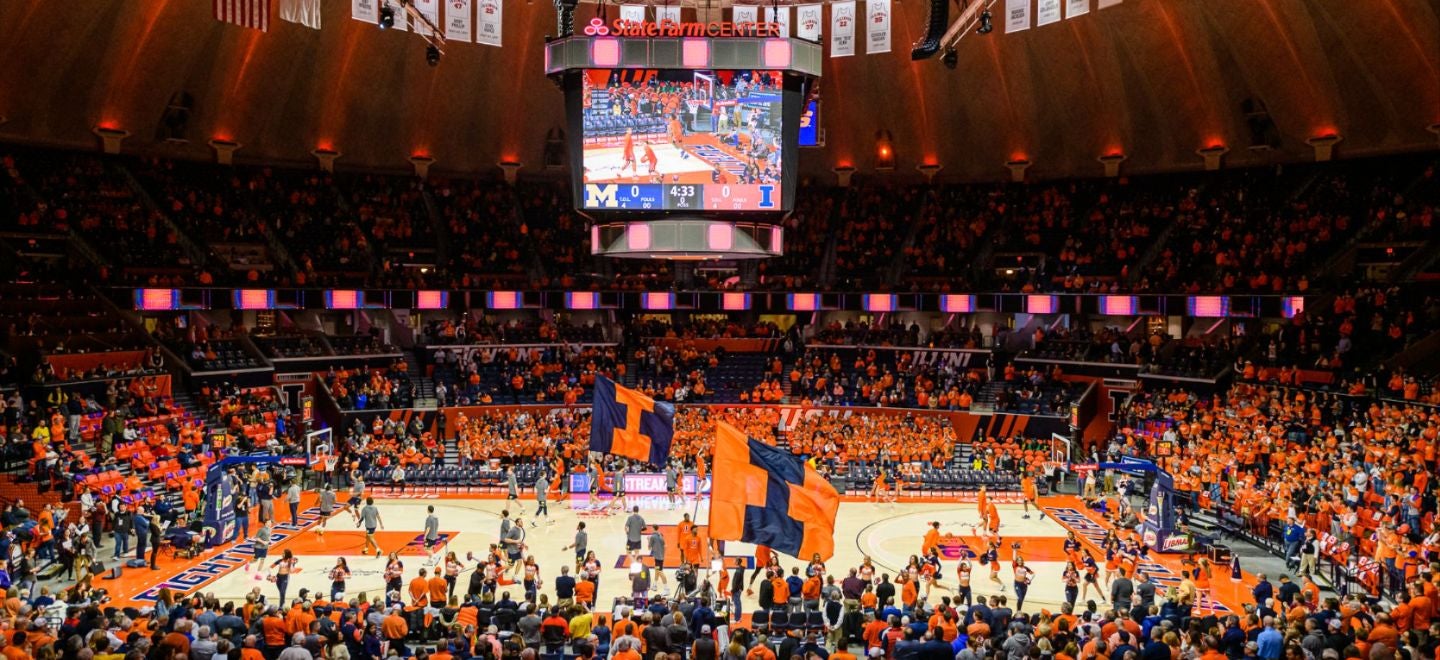“We Own You”: The story of a Mobile Game Producer
Over the last seven years, mobile devices, such as smartphones and tablets, along with the use of “Free to Play” games and apps, have become commonplace in American society. The majority of us know that what we do on these devices is recorded and stored in data farms, servers that store mass amounts of data, across the country, but we do not really know what or they are collecting, or how much.
On Sept. 9, 2015, mobile game developer and journalist, Eli Hodapp, posted an article on toucharcade.com about an anonymous “Free to Play” producer’s confession on what information game companies collect and track from consumers.
Though the Producer cannot reveal his identity, he starts off by saying, “I have worked for several of the big name companies. It is almost certain you have or are playing a game I have produced or worked on in a major capacity”.
The Producer continues by saying, “…This [article] is about how we target you, because we (and our partners) know everything about you. We know where you live, we know your income level, we know your relationships, your favorite sports teams, your political preferences. We know when you go to work, and where you work. We can target an event to start for you when we know you have a long weekend coming up. We own you.”
This may be how it is today, but it was not always this way. In fact, when the first data farms were created in 2008, they were used to change the difficulty of a game. The Producer explains that based on how players were doing they would either raise or lower the difficulty of levels to promote the maximum player enjoyment and boost the game’s overall ratings. The CEO saw this tool as a way to increase sales, and immediately requested a wider range of data. As time went by, the information companies wanted broadened and the lines between what information was right and wrong to take became blurred. Before long they were collecting everything.
“There was a game a while back that generated something like 20 gigs of player data a day. Right now, another producer is reading that number and laughing, as their game does 100 or 200 or 300 gigs a day,” said the Producer.
And it is not just games on the app store either. Facebook is a massive contributor to these data farms. And for the people that spend the most money on microtransactions, content in a “Free to Play” game that is only obtainable through purchase, Facebook will actually create fake accounts and send friend requests to those consumers to get more information out of them.
“Maybe it’s a hot girl that shows too much cleavage? That’s us. We learned as much before friending you, but once you let us in, we have the keys to the kingdom. We will use everything to figure out how to sell to you.”
Some people want to hide their information, but still want the ability to access these service. These people will put in false information to try and fool the system, but often times it really does not matter. Even if you have no affiliation with mobile games or Facebook, they still have you. If a person is using the same I.P. address as you, they are able to collect data on you. It may not be as much, but it still is there.
How do you stop them from doing this?
“Stop playing free games,” says the Producer. “Buy a game for 4.99 or 9.99.”
Again, this will not entirely stop it, but it will most certainly limit it.
And always remember, if you are not buying something, you are the merchandise that is being sold.










